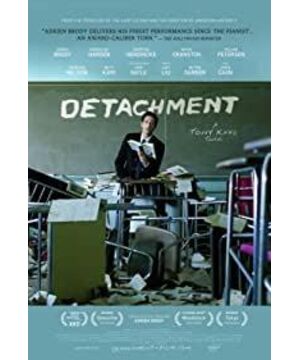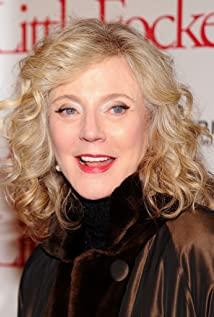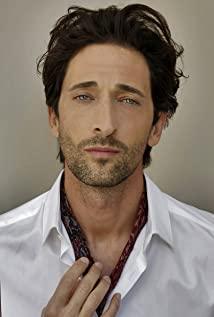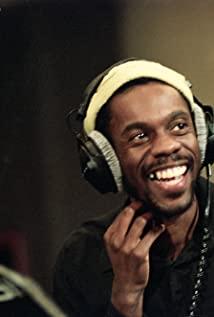A bunch of complicated stories with many common points are combined into this "Transcendence". The huge story network is woven with a clear and dynamic image technique that seems to be documentary and realistic. The director's very personal and unique abstract but natural image style expresses a full sense of freedom in this film. After reading it, you will find that the original story can be so gloomy and cruel, the original characters can be designed so ingeniously and naturally, and the original image can make people feel depressed to the point of choking their throats. This is no longer interpreted with a resonance.
Look, it's a story of one person, actually, it's a story of a class of people.
Henry's world is itself a pessimism, but his worldview is one of optimism. The film is interspersed with Henry's bizarre life experience from beginning to end. Rather than blindly exploring the suspense of his life experience, it is better to speculate on why the director's cruel design is so chilling. In fact, this is the origin of the pessimistic story. In the movie, the only person in the world where Henry grew up is his mother. His mother committed suicide, and the beautiful world was broken. From then on, Henry's optimistic attitude towards life was sealed at the moment when his mother committed suicide, but this is also lingering. The pessimism surrounding Henry's whole world, autism, loneliness, gloom, and so on, how could tears explain the pain in his heart.
Look, it's a bunch of irritating stories, actually, it's a bunch of tragic stories.
Almost all stories take place at school. Of course, there is that non-blood relationship story outside of school. Rather than saying that Henry is saving people's worldviews, it is better to say that he is saving himself. There is never a single figure in the network of characters involved in the whole film. The deep meaning is that the point of human nature is always based on an infectious and overlapping relationship. Henry is surrounded by a group of people who are marginalized by the world, and there are people like Henry who can redeem the world in the desperate crowd. But he is not a god after all, and besides, how can there be a god who is gloomy with himself. But it seems that Henry is like a savior. The world of the movie is very similar to reality. It can even be said to copy reality and cut it into the image. The operator is a cruel scissors hand.
Look, this is a group of roaring people, in fact, this is a group of optimistic people.
In the movie, people have different attitudes to vent about Yanliang's secular expression. Henry couldn't bear the imbalance in himself, sent away the girl he took in, and growled at his colleagues who had misunderstood him. Among the students, the typical female student with great artistic talent finally chose to commit suicide, and the typical among the teachers was the female teacher who roared wildly at the students. These are accompanied by extremely dark images, which make people shackle their own psychology for such a world, and the depression makes people choked up in their throats. But I always believe that most people see the extreme of optimism that is opposite to the extreme of misery. It is the ray of sunshine that passed through when Henry and the girl hugged at the end, so dazzling, so bright, so bright The beauty of the final poem sums up a world, and some are just resonating feelings.
Almost every scene in the movie uses a single tone as the background. The almost abstract editing makes the whole movie present a depressing and gloomy atmosphere, but it perfectly sets off the sense of freedom of the whole story, giving people a kind of otherworldly. Direct spiritual revelation and baptism. The film uses a surreal sense of poetry to connect two worldviews with very common points, but they are two worldviews that are extremely opposed to each other, namely sadness and joy. It's my story, it's your story, it's our story. In any case, people always want to live freely, be positive, and be optimistic, even if the world is full of constraints.
View more about Detachment reviews











